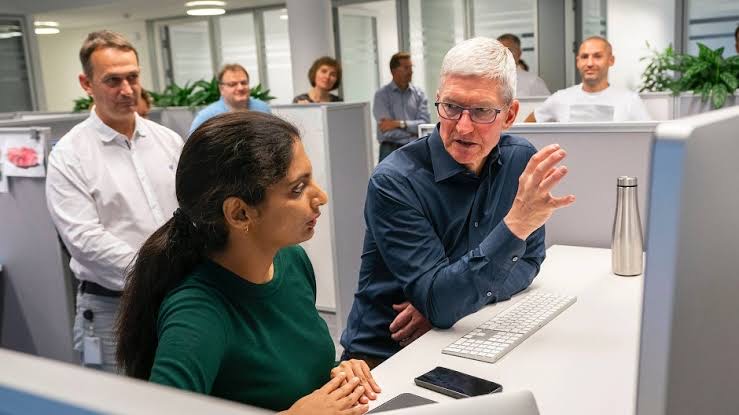Apple chooses the German city of Munich to build its chip lab

Apple has announced its new plans to build a major chip lab and has chosen the city of Munich as the location.
The chip lab project is part of Apple’s 1 billion euros ($1.19 billion) plan to invest in Germany over the next three years. The tech giant said on Wednesday that at the end of next year, the 30,000 square meter factory would be up and running in the city center Karlstrasse.
The chip lab will make Munich a “Europe Silicon Design Center” and provide employment for hundreds of people in the Bavarian capital, according to Apple. The company added that engineers at the new factory will work on 5G and wireless technology in the nearest future, as well as developing modems for Apple products.
The iPhone maker claims the new chip lab location will be the largest research and development site for semiconductors and mobile wireless software in Europe. It added that it will create similar sites like Arm’s in Cambridge and NXP in Eidenhoven.

“I couldn’t be more excited for everything Munich engineers will find, from exploring the new frontiers of 5G to the next generation of technology that brings power, speed and connectivity to the world,” said Apple CEO Tim Cook in a statement. “Munich has been the home of Apple for four decades and we are grateful to this community and Germany for being part of our journey.”
There has been an increasing need for chips as semiconductors are used in almost every electronic device ranging from cell phones and laptops to electric vehicles.
Cook said Apple has been in Munich for 4 years. It employs 4,000 people across Germany, with 1,500 engineers in 7 offices across Munich. The company claims to have invested more than 15 billion euros in more than 700 companies in Germany over the past five years.
Venture capitalist Nathan Beniach told CNBC the new chip lab is a major move for Apple and he is a solid investor.
“I think vertical integration for Apple means better control over the supply chain and margins. But most importantly, it’s the flexibility to design what they need to drive the products they want to build,” Beniach said. “In contrast to having to build with existing or convince suppliers to do so.”
The German city of Munich is one of Europe’s top tech locations, and many big tech companies like Google, BMW and Audi run their research and development in the city.
The EU on Tuesday announced its plans to depend less on non-traditional manufactured technologies.


Be the first to comment!
You must login to comment